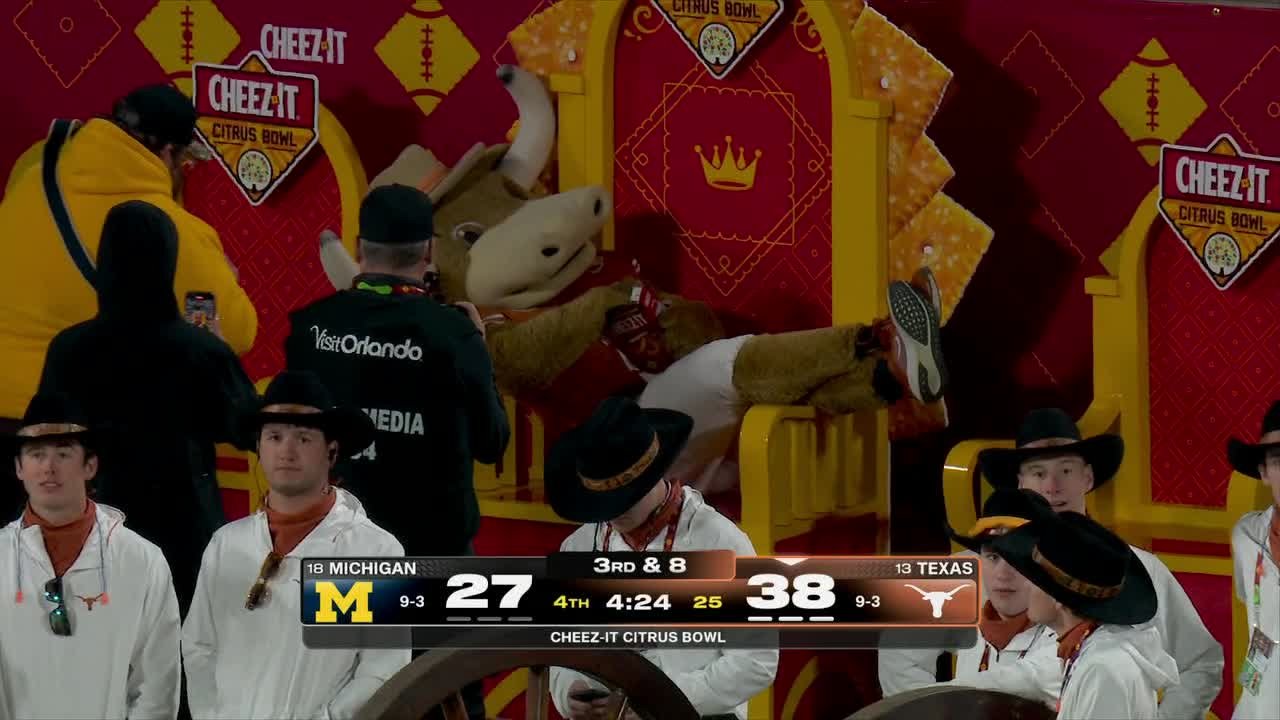Happy New Year You Surly Bastards!

Interesting: ACLU changing it's strategy
Featured Replies
https://www.surlyhorns.com/board/topic/2709-interesting-aclu-changing-its-strategy/
Followers